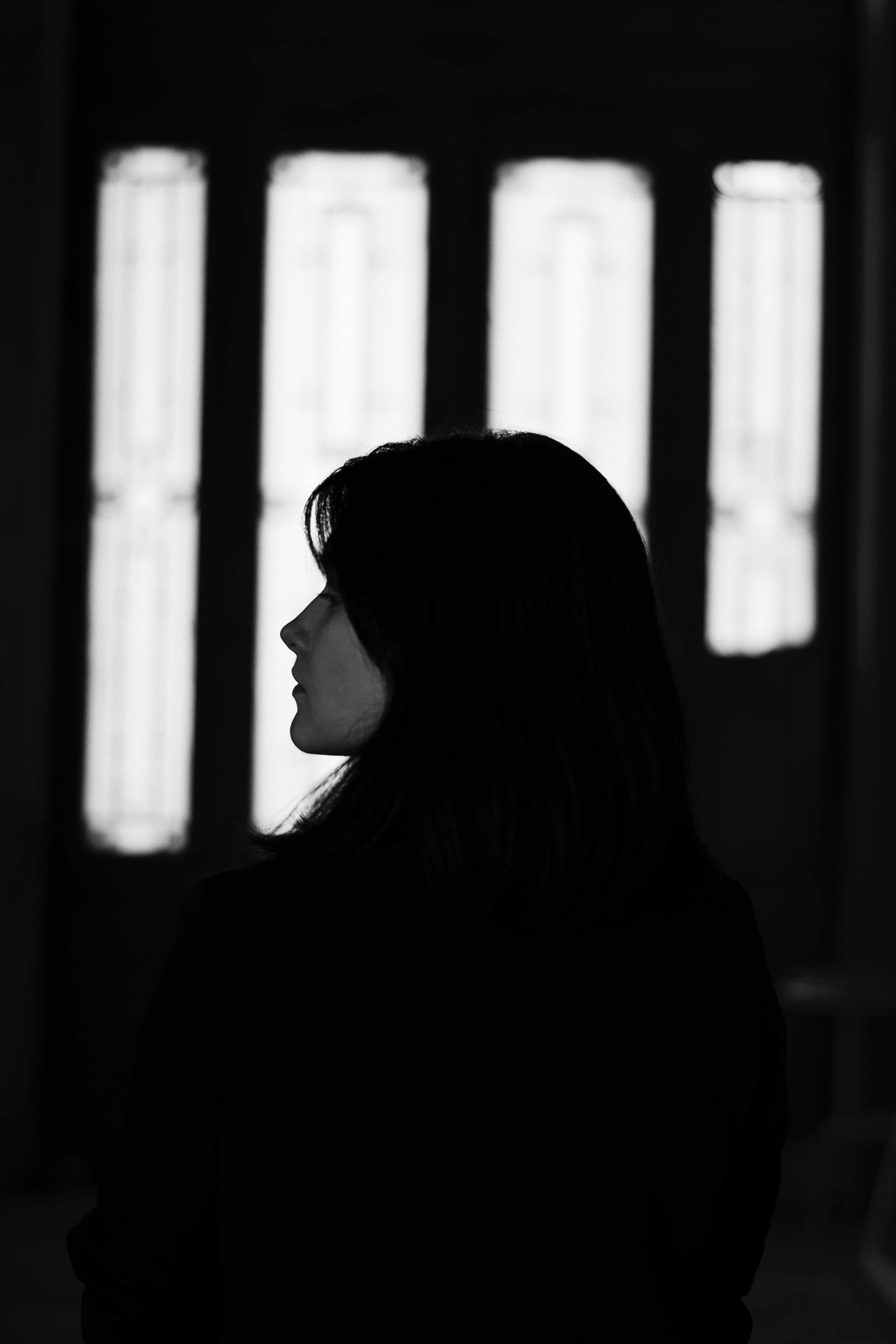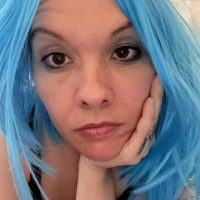
“When she’d become sick enough that we knew she was really going to die, when we were in the homestretch to hell, when we were well past thinking any amount of wheatgrass could save her.” ~ Cheryl Strayed, Wild
When I started having near-fatal seizures post-brain surgery, I clung desperately to tales of people who’d had post-TBI seizures that had subsequently faded like an emo phase.
I couldn’t wait to grow out of my horrifyingly awkward seizures, and I was nearly as eager to “outgrow” the chalky, chunky pills I had to take like clockwork in order to keep them at bay.
That was six years ago.
I’m accepting that, due to distinctions in brain injuries, I may have to take medication for the rest of my life, and I’m as tired of defending that harsh reality to opinionated acquaintances as I am of defending it to my inner Folk Medicine Pagan Healer who I wasn’t really aware existed until I started working with my epilepsy specialist.
Oh…
She exists—with a vengeance.
She’s the part of me who sustained herself and her children with stories and breast milk in tattered, double-wide trailers. She’s the one who cured flu bugs and yeast infections with apple cider vinegar, coconut oil, and rest. And she still does.
She’s the one who meticulously planned a heavy three-ring binder birth plan detailing a medication-free massage and a music-heavy “natural” birth marathon, which went out the window when the OBGYN said that having her 9.5 oz past-due baby vaginally, with her frame and family history of emergency C-sections and subsequent blood transfusions, “Could kill you.”
I was the one who relented my will to survive to meet my baby stronger than her faith in classical music, but only a little. I beamed with pride recounting that even following an incision to my abdomen, my morphine drip read 00, and the strongest thing I took was Ibuprofen.
Pride for enduring pain and shame when I opted for what I perceived as a shortcut designed by the patriarchy to keep us dependent.
Looking back now, I see my misguided arrogance.
With my relatives suffering the long-term effects of initially prescribed opiates and other narcotics, I was the first to climb on an anti-medication soapbox at any opportunity.
“Overprescribed!” “Big Pharma!” “Colonizers!” “Everything ‘Pathologized’” “Overmedicating Children!”
And there are many things to be said to each of those points that were (and still are) tragic and true in my now humbled opinion.
But equally true is the fact that some people need life-saving medications. Some of those medications are addictive, and some are not. All have side effects. There is more grey matter than I could even fathom when me and my children were perfectly healthy. It was easy to take for granted the privilege of being able-bodied—until I wasn’t.
My first epileptologist medicated me, and medicated me, and did not listen to a word I said, so I chatted with nurses for hours, gleaning any information I could that would help me treat my condition outside of the narrow lens of pharmaceuticals.
My seizures grew increasingly worse in the two years that I worked with him. I told him I was going to try acupuncture and aromatherapy…he scoffed at me.
I ditched my meds and recklessly ventured down the street.
I had a seizure in the middle of a busy Seattle intersection, hitting my head, which had already been drilled open and glued back together.
Humbled, but only a tad, I found a new epilepsy specialist, whom I still work with to this day, four years later. I’ve made steady—if uneven—progress for the duration, sending her defensive emails as I aggressively negotiated my way to lower doses, and then more emails, waving my white flag post-seizure, conceding to adjusting my meds. She has remained patient as she refers to me knowingly as “one of her patients who doesn’t like medication.”
I do not. However, I like seizures even less. And I like living. Out of responsibility to myself, my children, and all of my loved ones, I choose to do what is required for me to live my best life, with epilepsy, even though my relative abused medications and now is unreachable in heroin addiction, even though I was mis-medicated at 13, 14, and 28, and it was traumatic. Even though there is an opioid crisis in America, and some behaviors are too quickly medicated before ruling out other sometimes environmental or developmental factors.
For all of those people there are also people whose antidepressants stand between themselves and suicide, as well as people whose heart pills keep them ticking and whose insulin is an inconvenient life saver. And what of the people who are under-prescribed? Who suffer in extreme pain—psychological or physical—because of the aforementioned facts that have created barriers for people who actually need the medication for what it was created for? My tolerance for unnecessary suffering has changed as my experience of suffering has changed.
It’s easy to preach about the trouble with pain management when one has no pain to manage.
Nobody should needlessly suffer. They aren’t handing out rewards for it at the gate. Whatever one needs to do to be more comfortable in this life that’s even harder with a disability should be free to do so without judgment.
I now also work with a naturopath, dietician, trauma therapist, and reiki practitioner. I chant and do yoga.
I do acupuncture and aromatherapy, and it helps—a lot. Some alternative therapies help on a biological, chemical level, and some help by decreasing the stress that can trigger seizures. Without the alternative medicine I utilize, I highly doubt I would have made the progress I have made, but without the medication I take, I may not have survived to explore all of these other wonderful options.
That’s the thing about holistic medicine. Meditation, medication, and my inner Folk Healer coexisting with my inner rationalist because essentially, they are not really at odds. After taking way too many lumps, I’m finally okay with that.
What I do know now is that being a healthy person shaming people who need medication to not only survive but to experience greater quality of life is not only ignorant, it’s dangerous.
~







Read 7 comments and reply